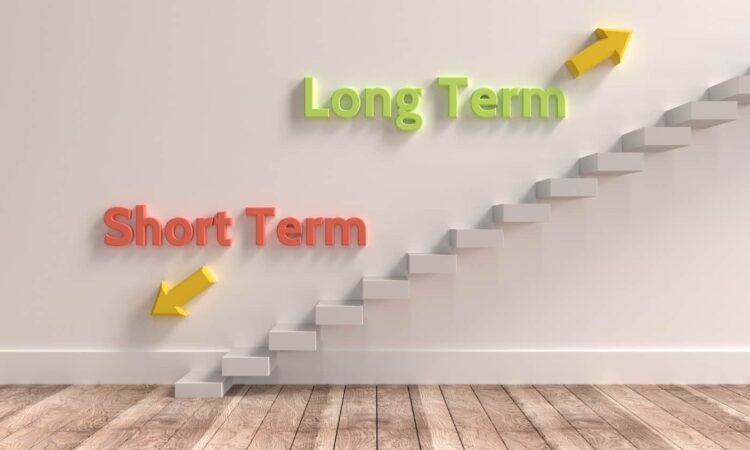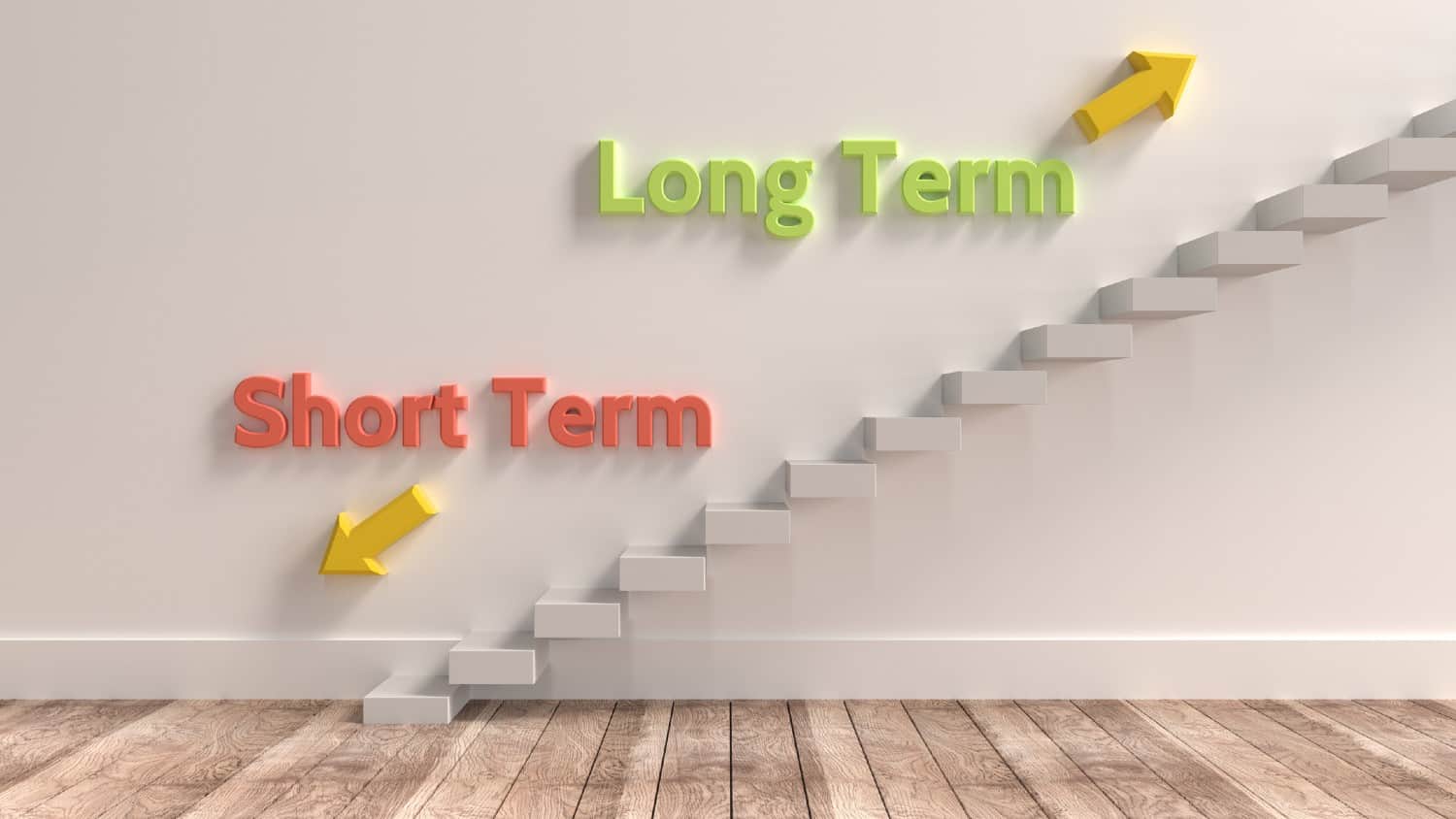

Image source: Getty Images
I think a Stocks and Shares ISA is the best way for me to invest. But we can benefit from knowing a few things about them.
I don’t just mean the ISA rules and regulations, which can be found easily enough.
No, I’m thinking of some key ways to maximise the benefits we can get from our annual ISA allowance.
Stocks beat cash
Some Cash ISAs offer 4%-5% for fixed terms now. With the financial uncertainty we face in 2023, I can see why some folk might find that an attractive option.
But over the long term, shares on the UK stock market have done very well.
Over the past 10 years, though it’s been a turbulent decade, we saw an average Stocks and Shares ISA return of 9.6% per year.
In the 2019/20 year, there was a whopping 13.3% loss, while Cash ISA savers would have had a small but guaranteed profit.
But over the 10-year period, I reckon it’s a great result.
Since the 1980s, the FTSE 100 has returned an average of around 8% per year. And over more than a century, UK shares have easily beaten cash savings.
Time matters
The outperformance of shares does come with a big caution. We really need to be in it for the long term.
There have been bigger stock market crashes than the 13.3% ISA loss in the pandemic. Quite a few, in fact.
The world’s top stock market experts stress this. Billionaire investor Warren Buffett says: “If you aren’t thinking about owning a stock for ten years, don’t even think about owning it for ten minutes“.
Looking at the weak decade we’ve just had for shares, I reckon a Stocks and Shares ISA should be for at least 20 years.
It builds up the tax advantages too. In the UK now, more than 4,000 ISA investors have made a million or more. Even an investor who takes out a whole million in one go still won’t pay a penny in tax on it.
Please note that tax treatment depends on the individual circumstances of each client and may be subject to change in future. The content in this article is provided for information purposes only. It is not intended to be, neither does it constitute, any form of tax advice. Readers are responsible for carrying out their own due diligence and for obtaining professional advice before making any investment decisions.
Strategy counts
Where do the UK’s most successful ISA investors put their money?
Well, it’s not the next big growth thing. They don’t chase every hot new IPO that comes along. And they don’t trade too often.
If we trade, say, five times per month, and pay £12 per trade, that’s £720 per year in fees.
And if we’re earning 8% per year, it could add up to £34,000 wasted over 20 years. And that’s quite a lot of money to most people.
ISA millionaires are really quite boring folk. They buy blue-chip stocks like Shell and GSK. Oh, and they put twice as much in investment trusts as the average ISA holder, at around 40% of their pot.
They buy quality, they buy once, and they hold for ever.
Success
There’s no guarantee as to how a Stocks and Shares ISA might perform in the future.
But looking at these three secrets (which aren’t so secret) from the top ISA investors does suggest one overall thing. If we buy quality stocks and hold them for decades, we could greatly boost our chances.





